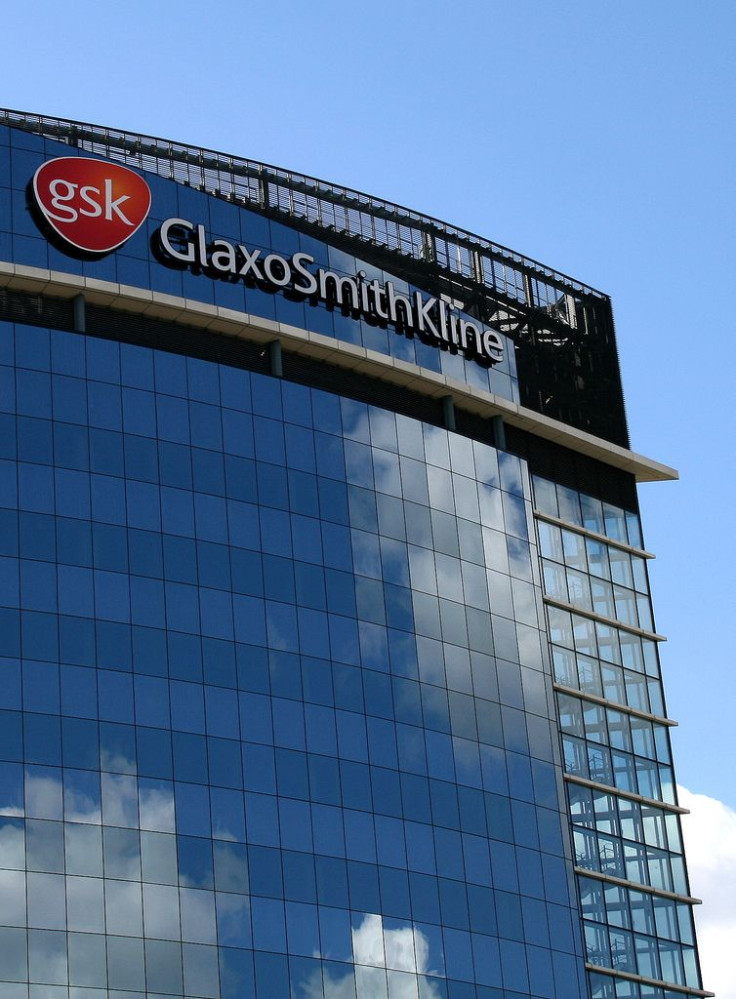GlaxoSmithKline Execs In China Admit To Bribery, Shedding Light On Rising Culture Of Corruption Within Global Pharmas

Just over a week after GlaxoSmithKline (GSK) staff in China had been arrested on fraud charges, the Chinese State Public Security Ministry is reporting the pharma's admissions of bribery. The detained GSK executives include individuals from offices in Beijing, Shanghai, and Changsha, and even a senior foreign finance executive. The Chinese Ministry says that it has found evidence to corrobate GSK's corrupt practices.
The GSK executives in China are accused of bribing hospital personnel and doctors, government officials, and foundations in charge of determining prescriptions. GSK said that it was investigating allegations that its Chinese sales staff had bribed doctors to prescribe medications, such as Botox — even off label or for inappropriate uses.
According to the press statement from the Public Security Ministry, false invoices were used to pay travel agencies or cash was used to bribe officials. The Ministry continues to investigate the matter further. Although the number of detained executives and staff remain a mystery, GSK has said that it will cooperate with Chinese authorities in their investigation.
Chinese officials have long been cracking down on corruption, creating the possibility of not only civil lawsuits from the state, but also identified criminal actions that can result in death penalties for the accused. In the 2008 Chinese milk scandal, for instance, milk and baby formula tainted with a chemical called melamine — which tricks testing for thinned out milk products — resulted in corruption charges against executives of several accused companies. In fact, three company executives were put in jail for between five and 15 years, while a dairy farmer and a milk salesman were executed.
Because no one died as a result of the current GSK corruption scandal and the accused are not Chinese Communist Party government officials, it is unlikely that they will face the death penalty.
But, even as China implements better health care for its over one billion citizens, there is sure to be issues of corruption. Many drug makers including GSK and Merck are now being investigated for price-fixing in China.



























